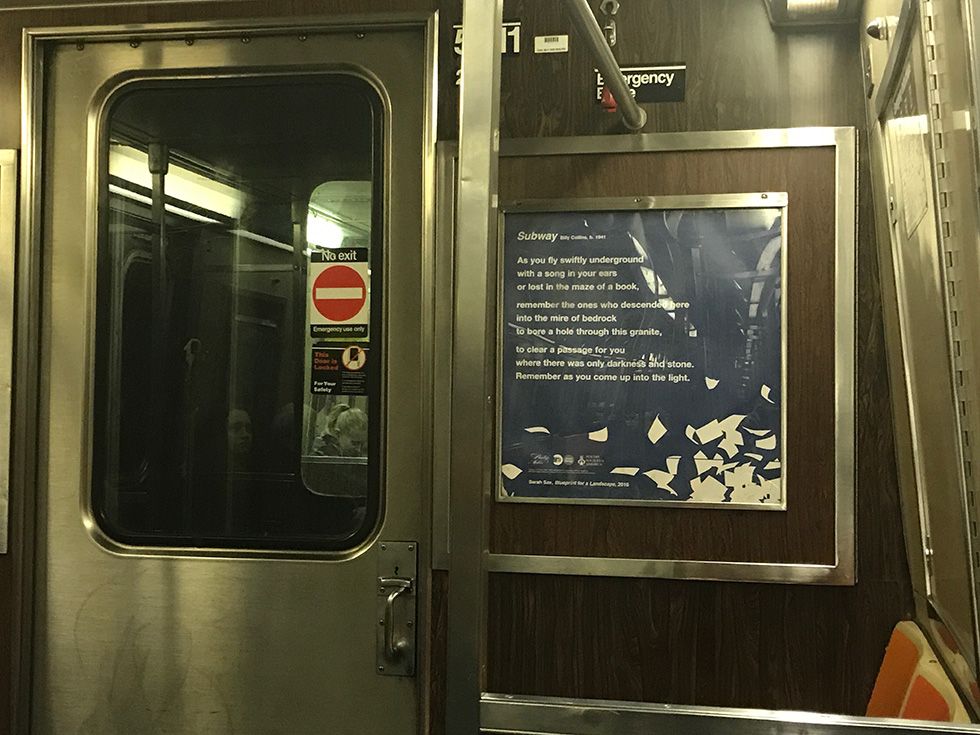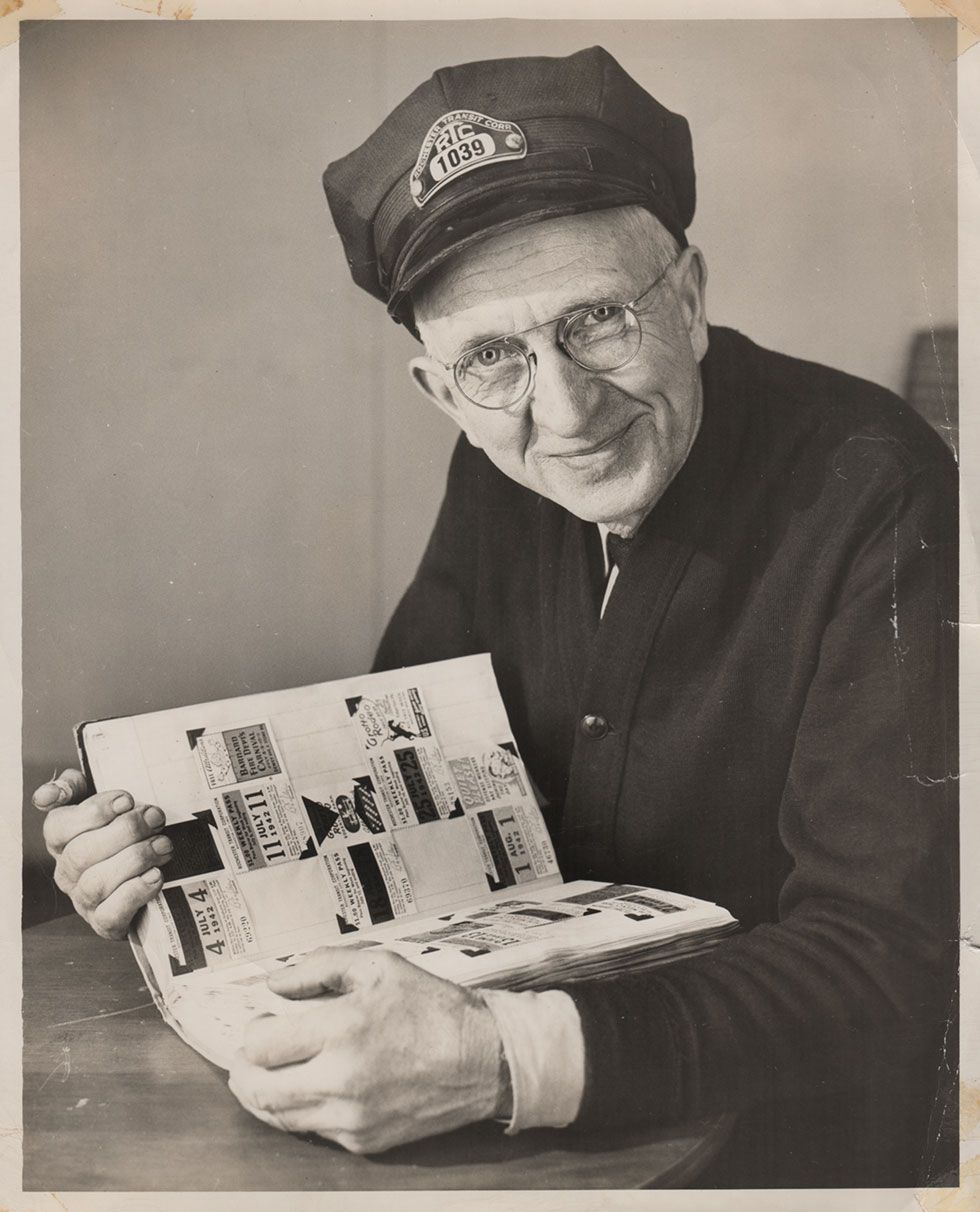This article was scraped from Rochester Subway. This is a blog about Rochester history and urbanism has not been published since 2017. The current owners are now publishing link spam which made me want to preserve this history.. The original article was published March 20, 2016 and can be found here.
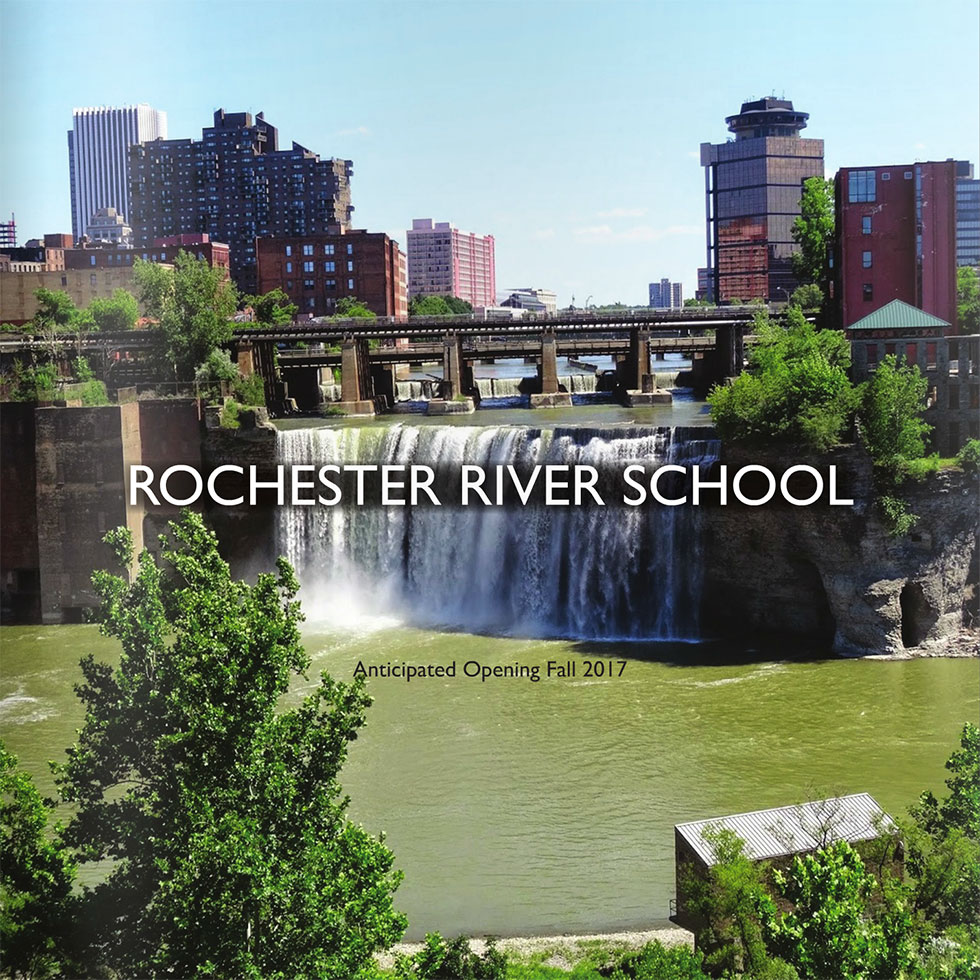
The following is a guest post submitted by Joel Helfrich .
Submit your story today .
For the last two years, several Rochesterians have been working to create a new urban school. Called the Rochester River School

, a key part of the vision is to reconnect and reorient the city of Rochester to its most important asset: the Genesee River...
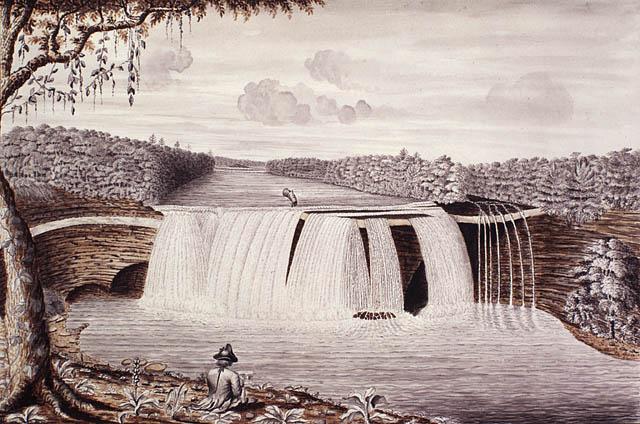
Indeed, the Genesee River is the reason the city is here. It is the defining marker that orients us to place, even if we abuse or never use it. And what is clear is that nearly everyone who visits Rochester, including the team of experts from The Rose Center for Public Leadership in Land Use

, recognizes that we need to refocus our attention to that mighty waterway. That is where the Rochester River School can help.
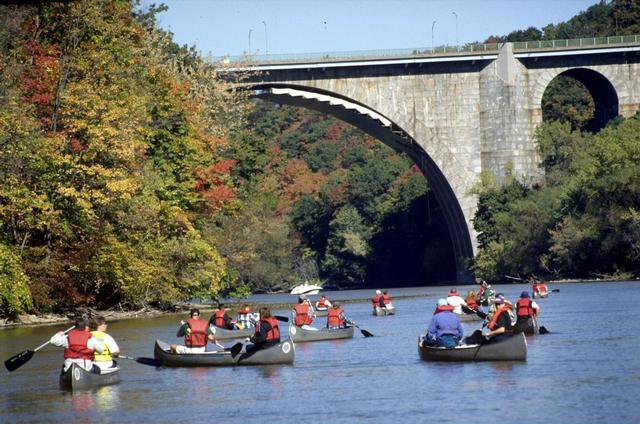
We think that the Rochester River School will help the city and its residents to reestablish a relationship with the Genesee River. The goal of the Rochester River School is not only to educate Rochester school children for the twenty-first century but also to provide them with the skills to become Solutionaries

. Rochester River School will be the first school in the nation founded on the principles of humane education (human rights, environmental stewardship, animal ethics, and a deep seated cultural framework), as well as the first public school in the nation to adopt a plants-only, vegan diet. The Rochester River School will be a humane, solutions-oriented laboratory for environmental and food justice, critical animal studies, school-to-prison abolition and other important educational work. Supporters of the Rochester River School imagine that it will ultimately become a beacon and model for the school district, as well as the best placed-based, ecosystem-centered school in the United States.
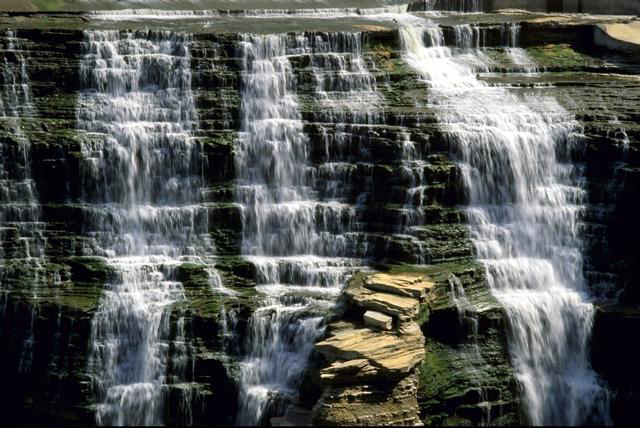
Our school is based on best practices, as well as successful schools and programs elsewhere. For example, we have adopted CTE (Career and Technical Education) tracks from the Urban Assembly New York Harbor School

, and eventually hope to establish a working greenhouse, farm, and C.S.A., similar to Common Ground Charter School

in Connecticut.
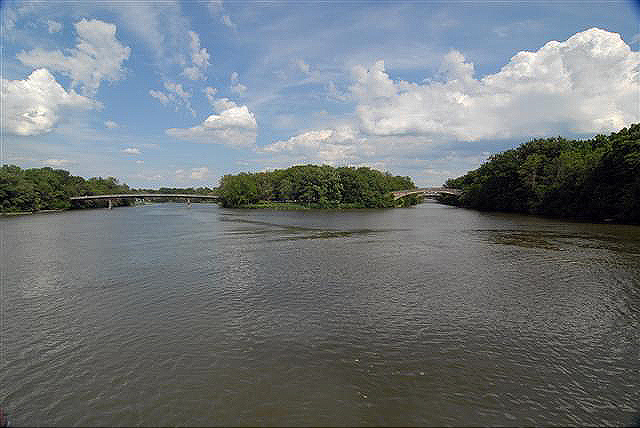
The vegan food and curriculum, which is already attracting a great amount of attention, is modeled after award-winning educational institutions such as the Betty Shabazz International Charter School

in Chicago and The MUSE School in Calabases

, California, among many others

. For the rationale for the vegan snacks, lunches, and curriculum, see our school's food introduction and feasibility plan

. In our work, we are reminded of and inspired by the fact that so many first-generation feminists, African American and Latino leaders, and social justice activists who have followed vegetarian and vegan diets. Gandhi, Rosa Parks, Coretta Scott King, Dolores Huerta, Cesar Chavez, and Dick Gregory come immediately to mind.
Project-based learning will also be a significant framework for the Rochester River School. By the time the school opens, we will launch the Billion Bugs Project in order to reintroduce the endangered nine-spotted ladybug

(the New York State insect) to Upstate New York and elsewhere. This is a conservation project on which all students can work and that will engage students in community gardens and on farms across Rochester, restoring a species and its ecosystem.
We imagine that the Rochester River School will be a part of the larger plan to keep families in Rochester by providing real-world skills, projects, and relationships that prepare children to make healthy and meaningful choices in the twenty-first century, while simultaneously helping them to create a more just, equitable, and sustainable world.
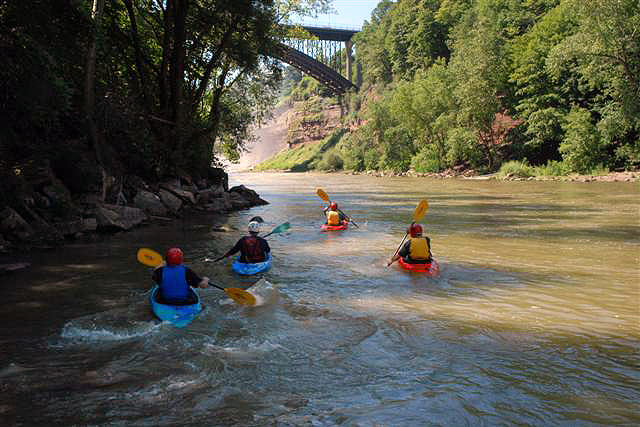
This summer, we plan to submit our LOI (letter of intent) to State Ed for a charter. Please keep track of our progress and connect with us regarding any suggestions, ideas, and feedback at RochesterRiverSchool.org

and on Facebook

.

